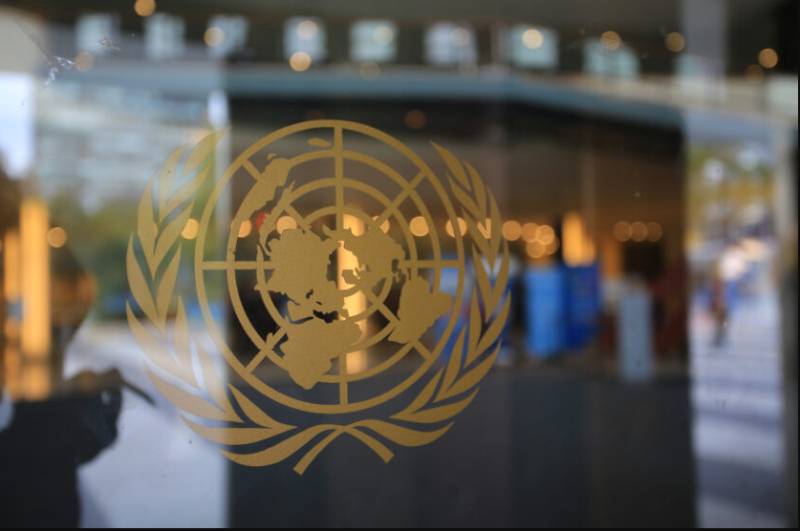UN begins talks toward 'fair' tax accord

Stay tuned with 24 News HD Android App

UN member states launched formal negotiations Monday on an international tax accord, aiming to create a "fair" system that addresses evasion by the super-wealthy and multinational businesses, among other issues.
"Our mandate is clear, we must craft a framework convention that redefines fairness, transparency, equity in the international tax system," said Egyptian official Ramy Youssef, chair of the United Nations negotiating committee that is set to run until 2027.
"This is not merely a technical exercise. It's a moral imperative," he said, denouncing billions of dollars "lost annually to profit shifting, harmful tax competition and illicit financial flows."
"These losses deprived nations, especially the most vulnerable of resources critical for achieving sustainable development goals, protecting human rights and ensuring a just transition to a green future," he said.
Currently, international tax issues are largely decided by wealthy member countries of the Paris-based Organization for Economic Cooperation and Development (OECD).
Developing nations, which are also leading a push for a larger reform of the international financial systems, have criticized their exclusion from the decision making.
Under pressure from African countries, the UN General Assembly in 2023 moved to proceed toward a framework convention.
After a year of discussions, the UN in late 2024 adopted formal guiding principles for the future accord, though several nations voted against the so-called "terms of reference."
Among the principles outlined were the "equitable taxation of multinational enterprises" and "addressing tax evasion and avoidance by high-net worth individuals."
According to the NGO Tax Justice Network, governments lose $492 billion in taxes every year due to tax havens.
Almost half (43 percent) of the losses, according to the NGO, are made possible by the tax policies of eight countries -- Australia, Canada, Israel, Japan, New Zealand, South Korea, Britain and the United States -- which voted against the terms laid out for the future accord.
That dissent will quickly come into play at the inaugural negotiating sessions this week, as the committee decides whether its proceedings will operate via majority vote or consensus -- the latter of which would give each member de facto veto-power.
The EU's representative argued Monday in favor of consensus, saying otherwise its 27 members might not participate in the future accord.
But Ryad Salmani, of the French NGO CCFD-Terre Solidaire, told AFP "it would be heresy to give Donald Trump's United States the power... to block the whole process."
